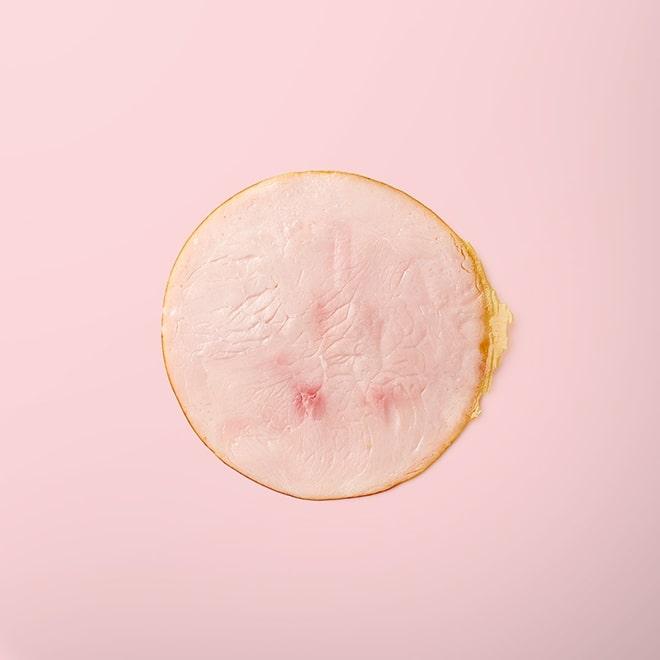Turkey




Wild turkey is the only poultry native to North America.
Over the years domesticated and wild turkeys have become quite different. On the one hand wild turkeys can fly, while domesticated turkeys have been bred to get as fat as possible.
It is estimated that around 45 million turkeys are consumed during Thanksgiving.
No, the myth is not true, turkeys don’t drown when they look at the sky during a rainstorm.
When buying a frozen turkey, leave it in the original wrapper when freezing it. The moment you want to thaw the turkey put it in the refrigerator, do not thaw at room temperature.
Raw turkey can be stored in the refrigerator for 1-2 days and frozen for up to 12 months.
If you have some leftover turkey and want to save it, cut it off the bone and separate from gravy and any condiments or sauces. Save it in a covered container in the fridge and use within 4 days.
Sliced turkey from the deli can be frozen for up to 4 months.
Turkeys are related to chickens they both have a common ancestor which lived 45 million years ago.
The myth that the amino acid tryptophan found in turkey causes people to sleep is not true! All meat contains comparable levels of tryptophan. The real cause for the sleepiness is the carbs consumed during Thanksgiving.
When preparing a whole turkey, roasting it in the oven is one of the most convenient methods. Preheat the oven to 325 °F and put the turkey in a roasting pan on an elevated roasting rack. Season and butter the bird on the inside and outside. Be sure to put the pan on the lowest rack of the oven.
It takes about 3-3½ hours for a 12-14 pound turkey to be done. During this time keep basting the turkey with the pan juices every so often. The turkey is done when the temperature with a meat thermometer is 180 °F in the thigh and 165 °F in the breast.
When the turkey is finished let the turkey sit for 30 minutes and tent with aluminum foil. This will allow the juices to redistribute evenly.
Turkey meat is very lean, low in fat and high in protein.
It is full of iron, zinc, potassium and vitamin B.
Corrections or improvements? Email us at
content@sidechef.com